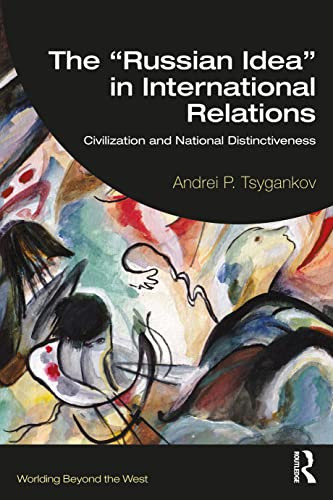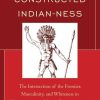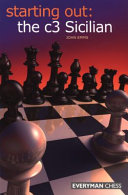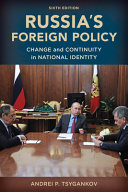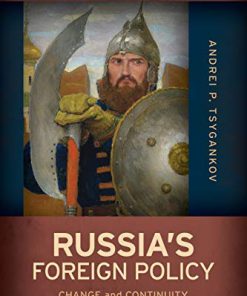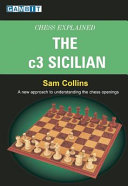The “Russian Idea” in International Relations: Civilization and National Distinctiveness 1st Edition by Andrei 9781000893250 1000893251
$50.00 Original price was: $50.00.$25.00Current price is: $25.00.
The “Russian Idea” in International Relations: Civilization and National Distinctiveness 1st Edition Andrei P. Tsygankov – Ebook Instant Download/Delivery ISBN(s): 9781000893250, 1000893251
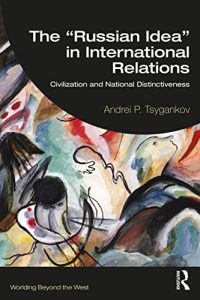
Product details:
- ISBN 10:1000893251
- ISBN 13: 9781000893250
- Author: Andrei
The “Russian Idea” in International Relations
Civilization and National Distinctiveness
Table contents:
1 Introduction
The Russian Question in the World
Arguing the “Russian Idea” (RI)
Exceptionalism and Global Dialogue
Organization of the Book
Notes
Further Reading
References
2 Russian Civilizational Ideas
Civilizational Ideas in the Global World
Civilizational Idea: The Global and the Exceptional
Rise and Fall of Civilizational Ideas
Alternative Explanations
Explaining Russian Civilizational Ideas
Russia’s Civilizational Dilemma
Exceptionalism and Dialogue
Rise and Fall of Russian Ideas
Slavophiles, Communists, and Eurasianists
Slavophiles and the Spiritual
Communists and the Social
Eurasianists and the Spatial
Civilization and the Russian Idea Today
The Rise of Civilizational Thinking
The Dominance of Exceptionalism
The Persistence of Dialogue
Conditions of Dialogical Thinking
Notes
Further Reading
References
3 Slavophiles
The Spiritual of the Russian Idea: Aleksei Khomyakov and Konstantin Aksakov
Aleksei Khomyakov: Reuniting with Europe
Konstantin Aksakov: Isolating from Europe
The Fortresses of Ivan Aksakov and Nikolai Danilevsky
Ivan Aksakov: The Assertive Defense of a Slavic Fortress
The Defensive Fortress of Nikolai Danilevsky
The European Bridge of Vladimir Solovyev
Bridging the Two Europes into the True Third Rome
Critique of Russian Nationalism
Solovyev’s Renaissance and Nikolai Berdyaev
The Anti-Soviet Fortresses of Ivan Ilyin and Alexander Solzhenitsyn
The anti-Soviet Fortress of Ivan Ilyin
Alexander Solzhenitsyn: Authoritarian State and Slavic Isolationism
Bridges and Fortresses after the USSR: Alexander Panarin
From Westernism to the Russia-Bridge idea
Forging the Eastern Orthodox Fortress
Conclusion
Notes
Further Reading
References
4 Communists
The Social Fortresses of the Russian Idea: Aleksander Herzen, Populists, and Anarchists
Aleksander Herzen and Communal Socialism
The Organic Socialism of Nikolai Mikhailovsky
Revolutionary and Moral Equality in Russian Anarchism
Bolsheviks between Fortress and Expansion
Vladimir Lenin, Lev Trotsky, and the Revolutionary Liberation from Global Capitalism
The Socialist Fortress of Josef Stalin
Bridges of the Late Soviet Period
The Social Reformism of Vladimir Zagladin
The Global Dialogue of Mikhail Gorbachev
Communists after the Soviet System
New Fortresses: Shielding Russia from Global Capitalism
Creative Learning from and Bridges to Globalization
Transforming global Capitalism
Conclusion
Notes
Further Reading
References
5 Eurasianists
Eurasia in World History
Precursors of Fortress Eurasia
The Pan-Slavist Break with Europe
The Neo-Byzantium of Konstantin Leontyev
Classical Eurasianism between the Fortress and the Expansion
The Conservative Eurasianism of Nikolai Trubetskoi
The Revolutionary Expansion of Pyotr Suvchinsky
The Anti-Soviet Fortress of Lev Gumilev
Russia as a Distinctive Super-Ethnic Group
The Cyclical Theory of Ethnogenesis
The Reemergence of Eurasianism
The Rise of Fortress Thinking and Interest in Danilevsky
The Neo-Eurasianist Expansion of Alexander Dugin
The Idea of the Eurasia Bridge
Conclusion
Notes
Further Reading
References
6 The “Russian Idea” for Russia and the World
Faces of the Russian Idea
The Fortress
The Expansion
The Bridge
The “Russian Idea” and the War in Ukraine
Revived Western Fears of Russia
Exceptionalism and Dialogue inside Russia
The “Russian Idea” and Global Dialogue after the War
Conditions and Demand for Dialogue
Three Bridges to the Future
Notes
Further Reading
References
Index
People also search:
the “russian idea” in international
the russian idea in international relations
international russian companies
common things in russia
what makes russia so special
You may also like…
Romance - Other Romance Categories
Ruthless Traitor (82 Street Vandals #3) 1st Edition Heather Long
Housekeeping & Leisure - Games: Chess
Romance - Other Romance Categories
Politics & Philosophy - Politics
Russia’s Foreign Policy : Change and Continuity in National Identity 6th Edition Andrei P. Tsygankov
History - Russian & Soviet History
Russia s Foreign Policy Change and Continuity in National Identity 5th Edition Andrei P. Tsygankov
Romance - Contemporary Romance
Housekeeping & Leisure - Games: Chess

